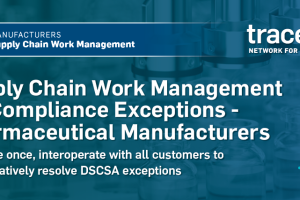The Centre is set to announce a scheme for providing free diagnostic tests, including several blood tests, x-rays and advanced CT scans, for those visiting public health facilities. Private service providers will be roped in wherever required.
While the idea of providing free diagnostics has been hailed by all those aware of it, health economists and public health experts expressed concern over outsourcing the tests to the private sector, arguing that it is an “expensive and inefficient” way to provide the 
Costs of drugs and diagnostics constitute about 70% of health expenditure in India and are estimated to push 5 crore people below the poverty line (BPL) annually. The proposed ‘national strategy for providing essential diagnostics facilities free for all’ is meant for anyone visiting a public health facility — from a village health post to a district hospital.
A panel of experts are learnt to have provided the government with a list of diagnostic tests considered essential for all categories of health facilities. The health ministry has also consulted some of the biggest companies in the diagnostic sector, including SRL, Dr Lal PathLabs, Quest Diagnostics, Mahajan Imaging and Star Imaging to thrash out all service provider issues.
Along with reducing people’s health expenditure, the initiative is expected to help promote the diagnostics and reagents sectors, which currently have just over 20% share in the medical technology market.
Under the scheme, existing diagnostic infrastructure in government institutions is to be strengthened, and where there is no infrastructure, state governments would be supported to engage with private service providers for collection of blood samples, analysis and reporting. The scheme is meant to outsource only high-cost, low-volume tests. In government facilities with inadequate personnel, the scheme will be in-sourcing personnel through contracts with the private sector. X-rays are to be sent electronically to radiology centres for proper diagnosis as most physicians are not trained to read x-ray films. The Centre will also help states to have CT scan services at district level under public-private partnerships. The shares of outsourcing and use of the government’s own facilities are expected to vary between states depending on the robustness of their health infrastructure.



























